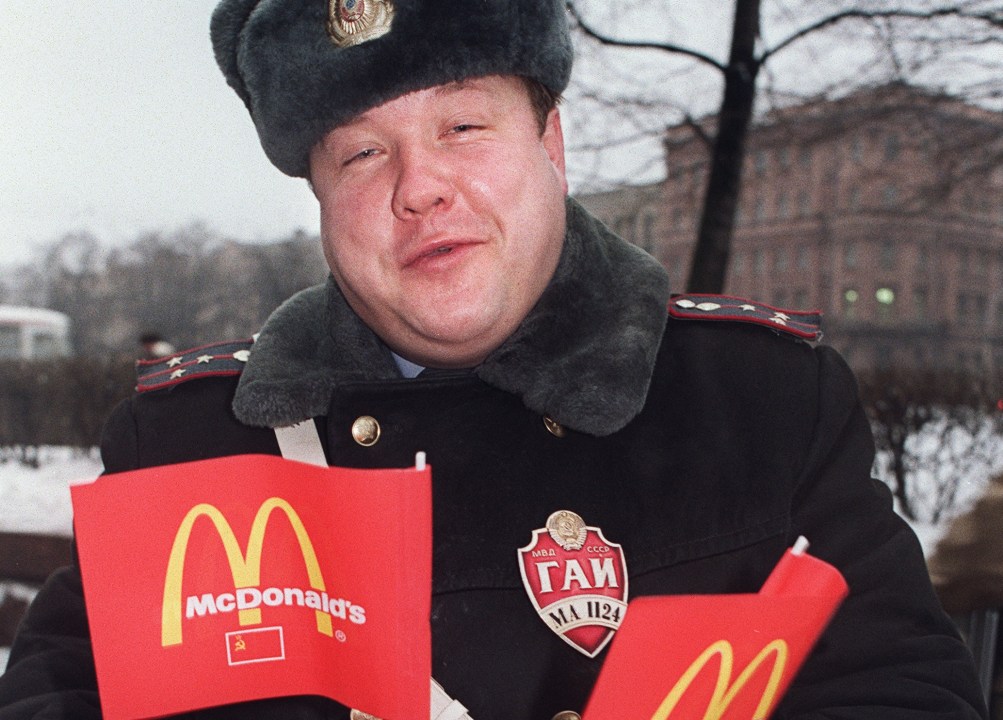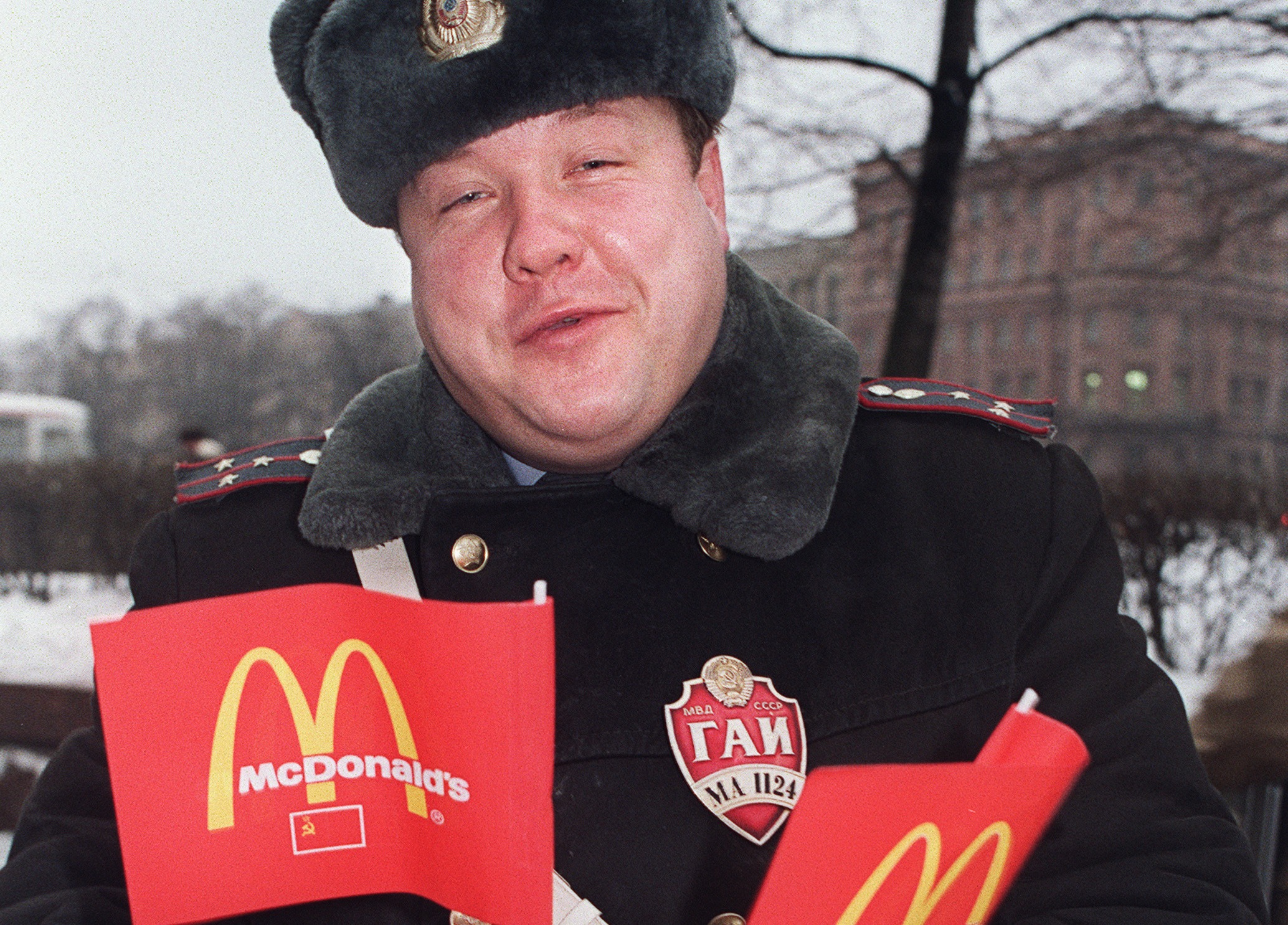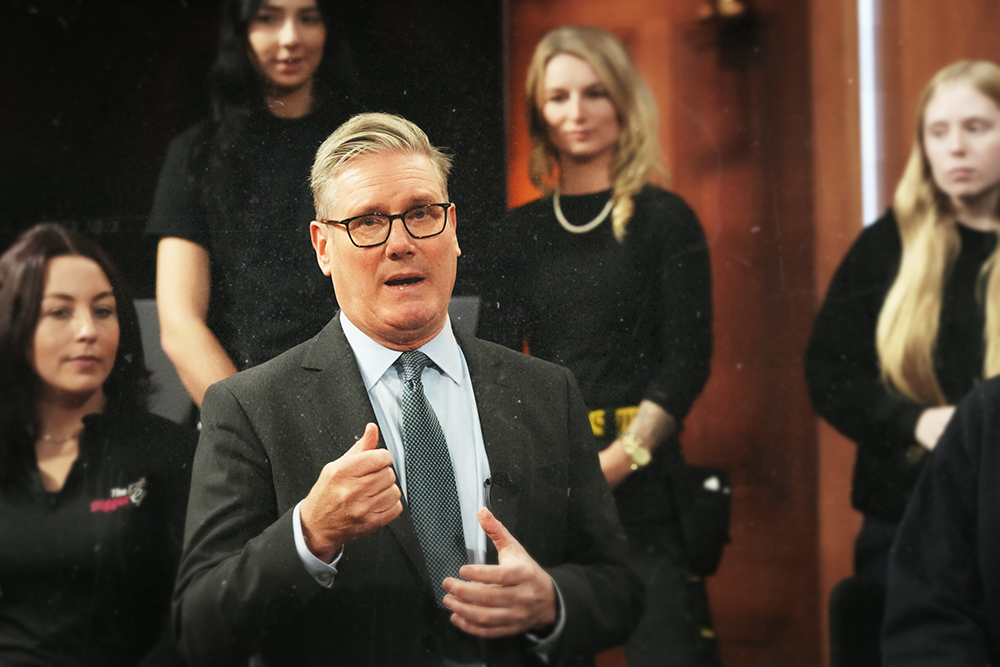It didn’t take long for preliminary discussions between the US and Russia on Ukraine to morph into something dramatically more ambitious. As negotiators left talks in Riyadh this week, both sides signalled their intent to reach agreement not only Ukraine, but also on economic and geopolitical cooperation.
President Donald Trump’s remarks following the talks – which were led by US Secretary of State Marco Rubio and Russian Foreign Minister Sergei Lavrov – made it sound as if a full rapprochement between the US and Russia was within reach. An almost gravity-defying change in US foreign policy toward Russia is in the works.
Three years after the full-scale invasion of Ukraine, and 11 years after the illegal annexation of Crimea and conflict in Donbas, what would the return to business-as-usual between Russia and the US look like?
Business-as-usual with Russia is, of course, a slippery term. Russia has never been an easy place to do business, but in the years immediately prior to the seizure of Crimea, Russia was becoming a more predictable place to get deals done.
Following the full-scale invasion, more than a thousand international companies and some of the US’s most prominent brands either left Russia or reduced their activities there. Some companies, including European firms like Carlsberg and Danone, were forcibly taken and awarded to local owners at knock-down prices.
If relations normalise – another tricky word – who’s ready to go back? More importantly, what kind of Russia is waiting for them? And finally, who looks smart – the companies that left, or the ones that stayed?
US diplomacy is moving at whiplash pace, but there are no quick answers here. Enormous obstacles – both practical and philosophical – need to be unpicked before the US and Russia can approach anything resembling a functional relationship.
On the more practical side, the removal of US sanctions is first on the list. History shows that sanctions are easy to impose and difficult to lift. The US maintained sanctions against the Soviet Union for two decades after that country ceased to exist. Trump has the unilateral authority to lift some sanctions; others would require congressional review.
Someone had also better remind Trump to work on re-opening the skies to and from Russia. Spare a thought for all the American executives who might have to travel to Moscow via Istanbul or Dubai.
If or when that all starts to happen, companies with cast-iron stomachs and bottomless appetites for risk will go back first. Typically, these are energy and other natural resource companies. Kirill Dmitriev, the head of Russia’s sovereign wealth fund, told US negotiators in Riyadh that US businesses had lost up to $324 billion by pulling out of Russia, implying that all this money was tantalisingly there for the taking once they come back. The losses were not only in the energy sector – American IT, healthcare, media and consumer good companies also left billions on the table in Russia, Dmitriev said. Companies with slightly more modest appetites for risk may take a beat before booking tickets to Moscow.
Nations don’t normally send finance ministers to resolve military conflicts
All of this may or may not be entirely the case; these numbers were at least in part developed to dazzle a transaction-oriented Oval Office. While the Americans – and the Europeans – have been gone, companies from non-sanctioning countries including China and Turkey have taken their places, particularly but not only in consumer goods and the automotive sector (where the US was not a major player).
And what of the Russian business elite that has Danone’s dairy business, Carlsberg’s breweries or, indeed, the 850 McDonald’s restaurants scattered across Russia now working under a new brand and a new owner? McDonald’s inserted a buy-back clause into its exit.
This much is certain: companies want to do business with Russia. The amount of western goods sent to Russia via third countries and sanctions workarounds is staggering.
So perhaps we should have seen this coming. Last week, Trump sent Scott Bessent, his treasury secretary, to Kyiv for talks. Nations don’t normally send finance ministers to resolve military conflicts. Dmitriev’s presence in Riyadh also indicates that a lot more than military action was on the agenda.
And what should we think about Ukraine’s much-discussed mineral wealth, which Trump has put in play as potential payback for US support? Opinions vary on the extent of Ukraine’s subsoil riches, but Bessent’s trip was likely tied to their potential value. Even if Ukraine has reserves of critical and rare earth minerals, there is no guarantee that they are there in abundance or that they will be easy to extract.
Finally, there’s Europe, currently shoved to the sidelines in all of this. Diplomatic and military issues aside, the German business community would take to the streets with torches and pitchforks if the US relaxed sanctions against Russia and the EU didn’t. One country’s red carpet is another country’s quicksand.








Comments